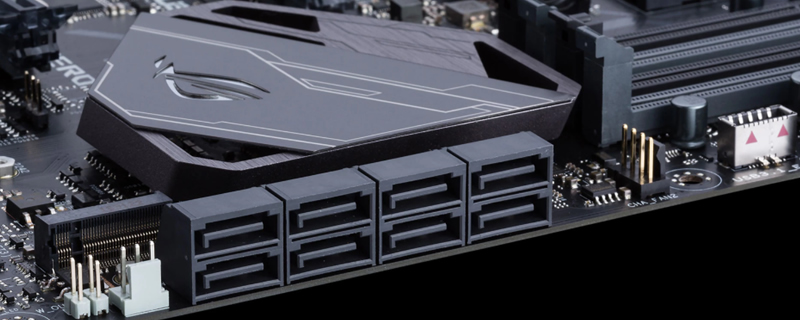AMD AGESA update 1.0.0.6 – Do BIOS updates matter?
Conclusion
In the past BIOS updates were not recommended very often, especially if your system was already fully functional. Updating a BIOS used to be a very risky process but today it is now much simpler thanks to utilities like ASUS’ EZ Flash that are built into most modern UEFIs. Â
With Ryzen, we have already seen that BIOS updates can have a noteworthy impact, with AGESA 1.0.0.4 decreasing memory latency and AGESA 1.0.0.6 giving some minor speed boosts across a wide range of applications. While with AGESA version 1.0.0.6 these performance changes are minor, it must be remembered that these boosts are achieved with no hardware changes or software changes outside of ASUS’ UEFI.
In 3DMARK and in Gears of War 4 we can see a noteworthy increase in benchmark scores, which while all less than 5% is still faster than what we were dealing with before the update. Ryzen has not changed here and neither has Windows or any of the benchmarks or games that we have tested, making the small boosts almost seem like magic.Â
AMD’s optimisations in their AGESA code are having a positive impact on system performance, which combined with feature improvements like improved DDR4 compatibility and new memory timing/sub-timing options are making Ryzen more attractive platform with each and every update.Â
On the memory side, AGESA 1.0.0.6 offers users improved DDR4 compatibility, with our test system now booting with DIMMs that previously only greeted us with a black screen and a reboot cycle. That being said memory support is still not perfect but it is true that a lot more DDR4Â kits are working now than previously. Those who are looking to build a Ryzen-based system should check their chosen motherboard’s QVL list for compatible memory before making any purchases.
AGESA 1.0.0.6 may be seen as a minor update by many, but it certainly is more than enough to fill us with excitement. We have already seen performance boosts with no physical hardware changes on our Crosshair VI Hero motherboard and this is only scratching the surface of what AGESA 1.0.0.6 allows us to do.Â
The biggest change with this new update is the inclusion of new memory multipliers and sub-timing options in the BIOS, which opens up several more avenues that could give Ryzen users an additional speed boost. Will 3466MHz or 3600+MHz memory allow for even higher levels of system performance in games and productivity tasks?Â
To make a long story short, ASUS’ latest BIOS, when combined with AMD’s AGESA 1.0.0.6 code, offers end users a noteworthy increase in system performance which while minor is certainly worth taking advantage of. Will AMD continue to give Ryzen users a boost with future AGESA updates? I guess we will have to wait and see.Â
Â
You can join the discussion on AMD’s AGESA 1.0.0.6 update and ASUS’ 9945 Beta BIOS for the Crosshair VI Hero on the OC3D Forums.Â
Â



